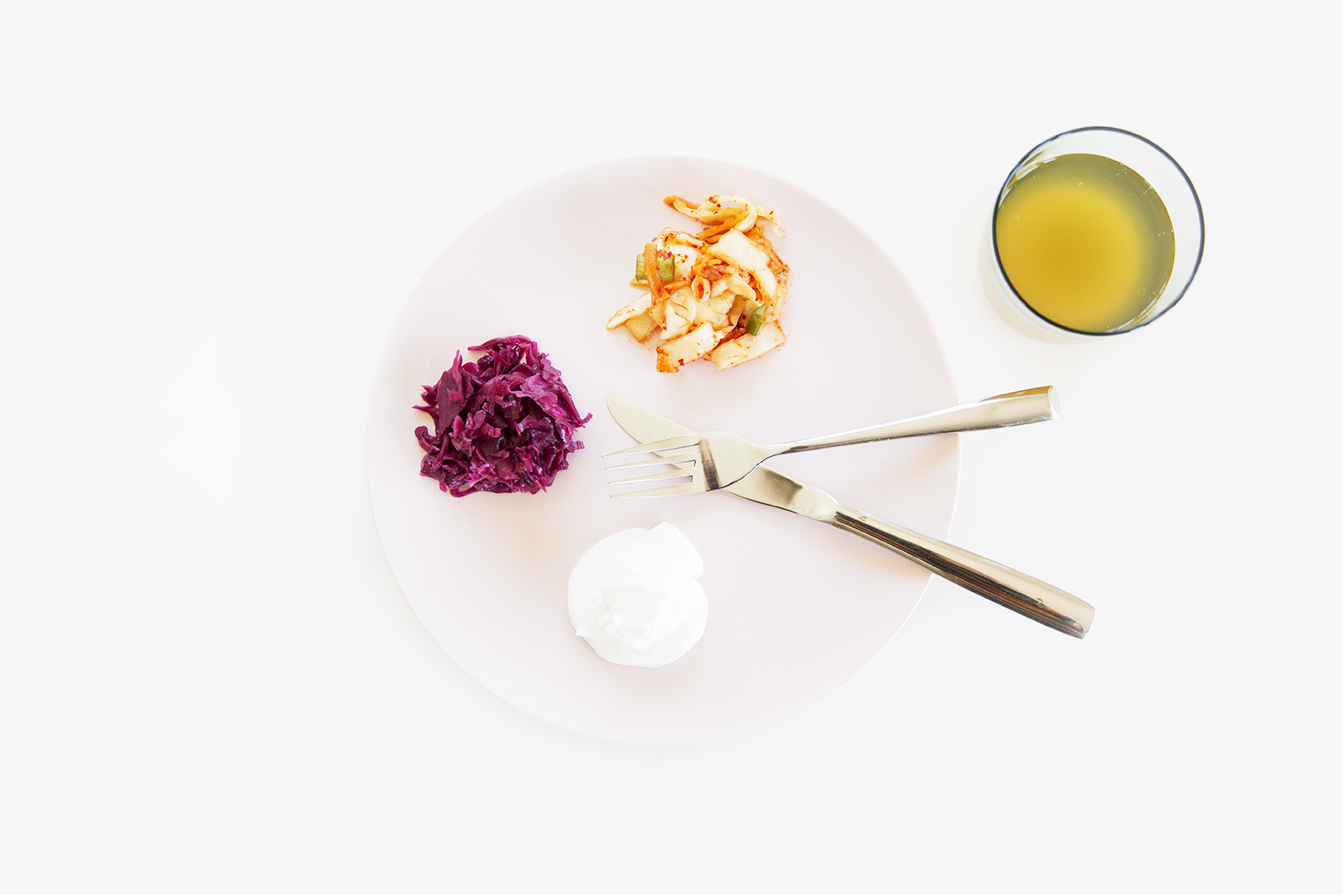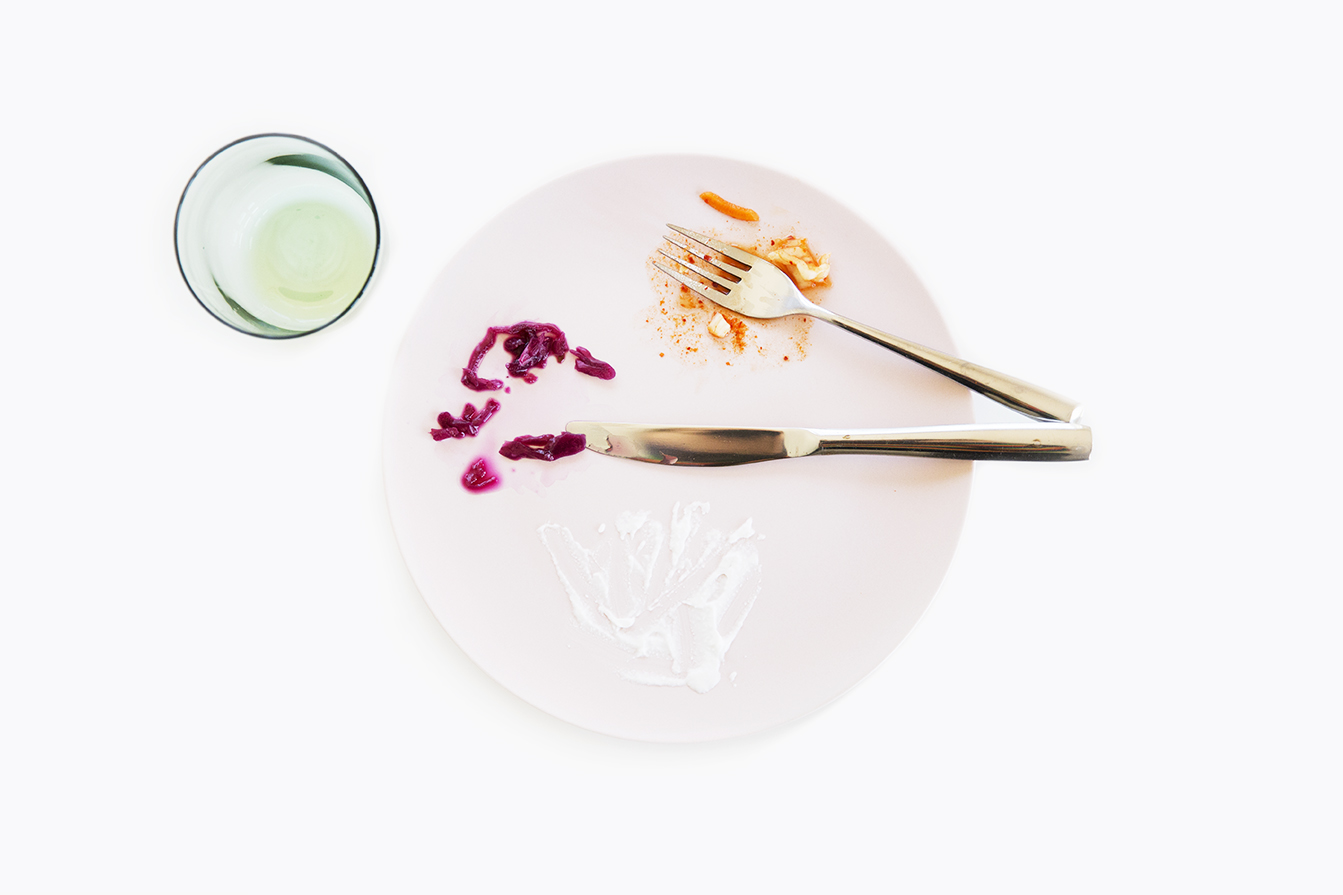While “you are what you eat” is pushing it, there is some undeniable truth to the idea that what you put into your body will show externally. No matter how elaborate your skincare routine might be and how many hours of sleep you get each night, eating a balanced diet is of paramount importance. Gut health is all the rage right now, and it has been for the past decade or so. Studies keep popping up, suggesting that everything starts in the gut — your second brain —and that keeping it happy should be a dietary priority. While supplementing with probiotics can be effective short-term, it does not get much better than getting it straight from the source: fermented foods. Luckily, most fermented ingredients are delicious. Ever heard of cheese? Wine? Hell, even beer? While those are far from being ideal choices on a daily basis, there are plenty of other fermented foods and beverages that can easily be introduced into your daily diet and that will keep your gut, skin, and taste buds happy.
So, what is it about gut health that makes it so important? For starters, approximately 80% of our immune system resides in our intestine, which is why people are less likely to get sick if their microbiota is in check. What’s more, some studies have shown that brain function is linked to the gut, and so are our hormones. As such, there’s an unquestionable link between mental health and our microbiota, since it produces and triggers the release of serotonin, which in turn regulates mood. A healthy gut then is essential to our overall well-being. The problem is we keep throwing antibiotics, antacids, pesticides, and heavy metals at it, and it’s struggling. While a mostly plant-based diet will do a tremendous good, another way to make sure that bad bacteria won’t take over the good kind is to include fermented food onto your plate. As mentioned, probiotics in the form of supplements can help, but in the long-run wild fermented foods should be prioritized since they are not only more cost-efficient, but also vastly more potent.
Far from being a new trend, fermenting food has always been part of human life, even more so hundreds of years ago when fridges and freezers weren’t in the picture and preservatives had yet to be born. Fermentation vessels, “mothers”, and cultures have been passed down from generation to generation as a precious heritage. The most popular fermented foods are typically made using a process called lacto-fermentation. A species of bacteria named Lactobacillus is naturally present on the surface of all plants and when they are immersed in salty water for a period of time, the bacteria convert naturally occurring or added sugar into lactic acid, which is a natural preservative and the reason why such aliments can last a long, long time before going bad.
Fermented food is the gift that keeps on giving. Not only does it taste great, it also is more bioavailable (and therefore digestible) and enhances the vitamin enzyme levels of the produce while feeding the good gut bacteria. One of the easiest products to turn to when getting started with fermented goods is sauerkraut. Essentially fermented cabbage, sauerkraut is definitely having a moment. People are either making it, posting about it on social media, or raving about the latest, chicest jar of exotic kraut they spotted in store. The great thing about sauerkraut is that there’s something for everyone; its slightly tart taste is universally well tolerated by most and from there, pretty much anything can be added to the mix to make it a match for your taste buds, from curry to lemon-ginger kraut. Sauerkraut is a fabulous addition to any salad, but it generally goes with everything. Its Korean counterpart, kimchi, is just as popular and will please those who are looking to add a little kick to their plate. Kimchi is traditionally served as a side dish, but it makes a very satisfying snack on some crackers. It would also do wonders in a wrap, noodles, or just about anything else you can think of. Fermented vegetables like sauerkraut and kimchi are fairly easy to make at home (sauerkraut requires some patience, but kimchi can be ready in as little as a day), but those who aren’t ready to go down the at-home fermentation road just yet will rejoice to know that these products can be found almost anywhere. Pickled produces are delicious too, as long as you opt for lacto-fermented vegetables and not vinegar-based products (although equally delicious, they won’t do much for your gut microbiota).

It seems virtually impossible to discuss gut health and probiotics and not mention kombucha. This tasty drink made of fermented tea is as popular as it is controversial. The often heavy sugar content found in commercial versions make it somewhat of a treat, rather than a daily cure. People with a history of candida (an overgrowth of nasty bacteria in your gut that makes you susceptible to sustaining a sugar “addiction”) should stay clear of this fizzy drink, but those who have the patience to brew it at home will find the process infinitely rewarding. Another drink that is safe for all and loaded with probiotics is fruit kefir. Think lemonade, without the sugar rush. Fruit kefir, also known as water kefir, is becoming more readily available in stores and can often be found at farmers markets. It is also conveniently easy and cheap to get ahold of some kefir grains online to then start your own brewing routine in the comfort of your own home. Fermentation beginners will find that fruit kefir is the safest bet, since it’s almost impossible to mess up and requires very little maintenance work, unlike kombucha, milk kefir, or sourdough.
Finally, for those who would rather indulge their sweet tooth, it doesn’t get much better than fermented coconut yogurt. Brands such as Coconut Cult and Anita’s offer luscious, insanely creamy yogurts that can easily be mixed into a morning smoothie or granola bowl. Diving into the world of fermented goods is like opening Pandora’s box — there is no turning back. Except this time, it’s for the better. Ultimately, when it comes to gut health, and health in general, diversity is key and every little effort counts.













